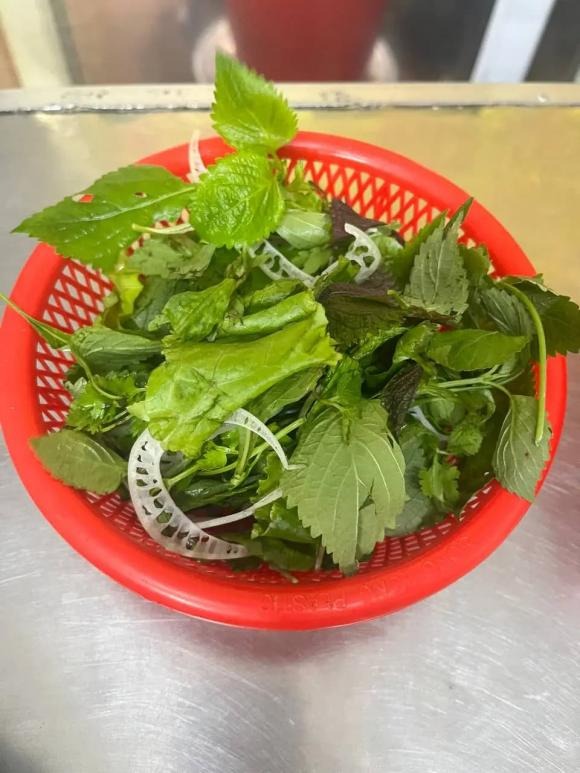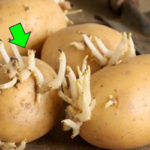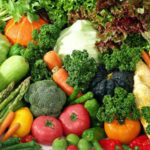The Hidden Dangers of a Beloved Vietnamese Dish: Raw Vegetables
The Perils of Consuming Uncooked Vegetables
Many individuals believe that consuming raw vegetables is an effective way to cool down, feel refreshed, and preserve the nutritional value of the produce. This has made raw vegetables an integral part of Vietnamese cuisine, especially during the scorching summer months.
However, raw vegetables also carry a significant risk of food poisoning and bacterial infections. This is particularly concerning as not all food establishments maintain proper storage and sanitation practices for their raw vegetables. Customers may unknowingly consume leftover raw vegetables from previous patrons, presenting an unsanitary and potentially hazardous situation. This can lead to bacterial infections and food poisoning.

However, raw vegetables also carry a significant risk of food poisoning and bacterial infections.
In some cases, food establishments have been known to reuse leftover raw vegetables from previous customers without properly sanitizing them. This has been documented in particular at a popular bun rieu restaurant in the Thanh Xuan district.
Furthermore, there is a risk associated with the cultivation environment of raw vegetables, including the use of fertilizers, pesticides, growth hormones, or contaminated irrigation water. All of these factors can contribute to health issues such as gastrointestinal inflammation, parasitic infections, or pesticide poisoning.
The Risk of Ingesting Toxins and Parasitic Infestations from Contaminated Raw Vegetables
The National Hospital of Tropical Diseases has documented the case of a 26-year-old female patient from Quang Ninh who presented with persistent skin irritation. Test results revealed that she was infected with seven different types of parasitic worms, including the liver fluke, pork tapeworm, dog tapeworm, lung fluke, intestinal fluke, threadworm, and dog and cat roundworm. The primary culprit was identified as her habit of consuming raw vegetables.
In addition to this case, the hospital frequently admits patients with parasitic worm infections as a result of poor food hygiene and sanitation practices.
Certain types of raw vegetables, when not properly prepared, pose a high risk of contamination with preservatives, pesticides, and bacteria due to improper washing techniques. These harmful substances can accumulate in the body and cause health problems.
According to research conducted by the Institute of Malaria, Parasitology, and Entomology, the prevalence of parasitic infections in raw vegetables is often high, even after being thoroughly washed with specialized detergents. Some vegetables, such as watercress, have been found to have a parasitic infection rate of up to 100%.

According to research conducted by the Institute of Malaria, Parasitology, and Entomology, the prevalence of parasitic infections in raw vegetables is often high, even after being thoroughly washed with specialized detergents.
Common parasites found on raw vegetables include pinworms, hookworms, whipworms, dog roundworm eggs, liver flukes, and amebic parasites. This is particularly concerning during the hot summer months when raw vegetable consumption tends to increase.
Doctor Tu Ngu, General Secretary of the Vietnam Nutrition Association, also warns that raw vegetables like lettuce, peppermint, and coriander can harbor significant risk factors for gastrointestinal diseases caused by cholera bacteria and parasites. Neglecting to properly wash vegetables further increases the likelihood of infection.
2 Things to Keep in Mind When Consuming Raw Vegetables
DO NOT consume raw vegetables if their origin cannot be verified.
According to experts, even submerging raw vegetables in water, soaking them in potassium permanganate, bubbling ozone through them, immersing them in salt water, or rinsing them under running water for 15 minutes cannot completely eliminate bacteria; it only reduces their presence to some extent. Therefore, if the source of the vegetables cannot be ascertained, it is best to avoid eating them raw.
– Pregnant women and individuals with stomach ailments should NOT consume raw vegetables.
Pregnant women, individuals with colitis, stomach aches, weakened immune systems, chronic illnesses, the elderly, and young children should refrain from consuming raw vegetables.





































